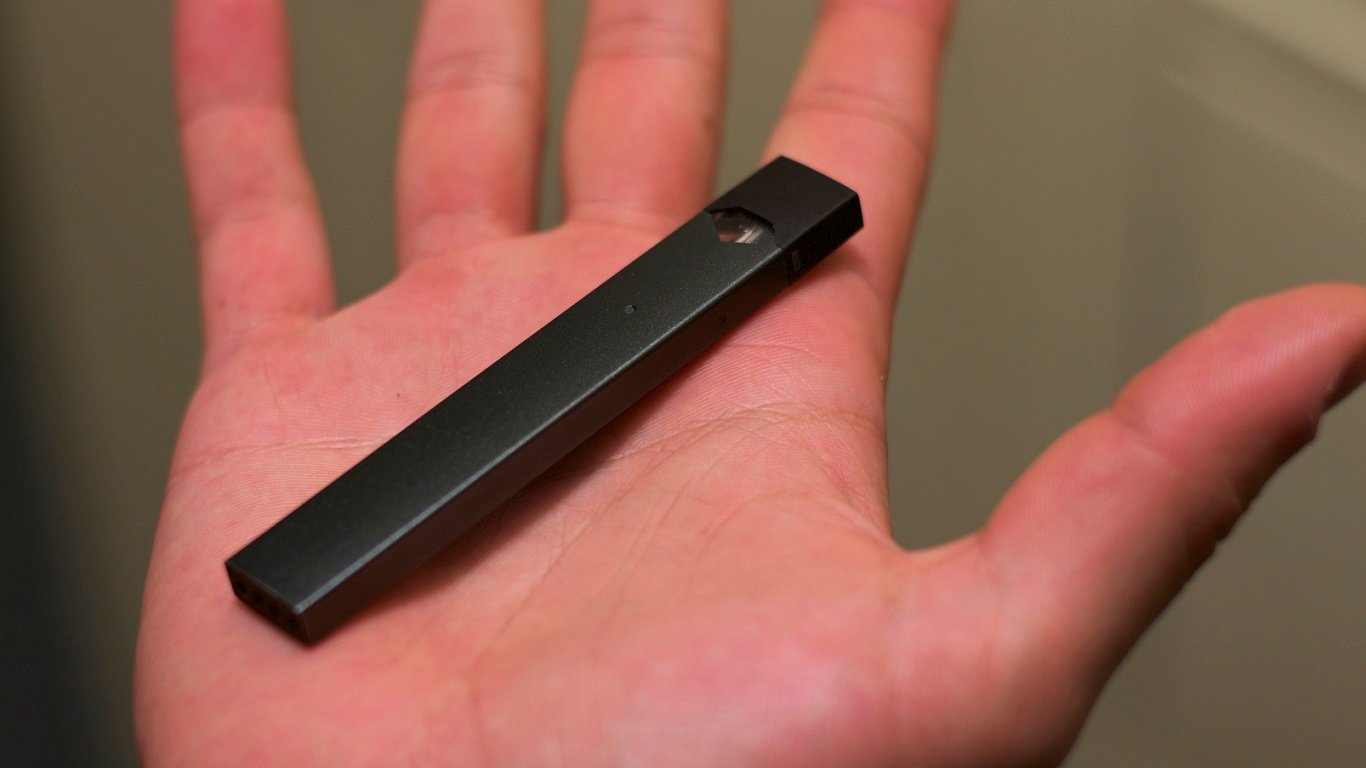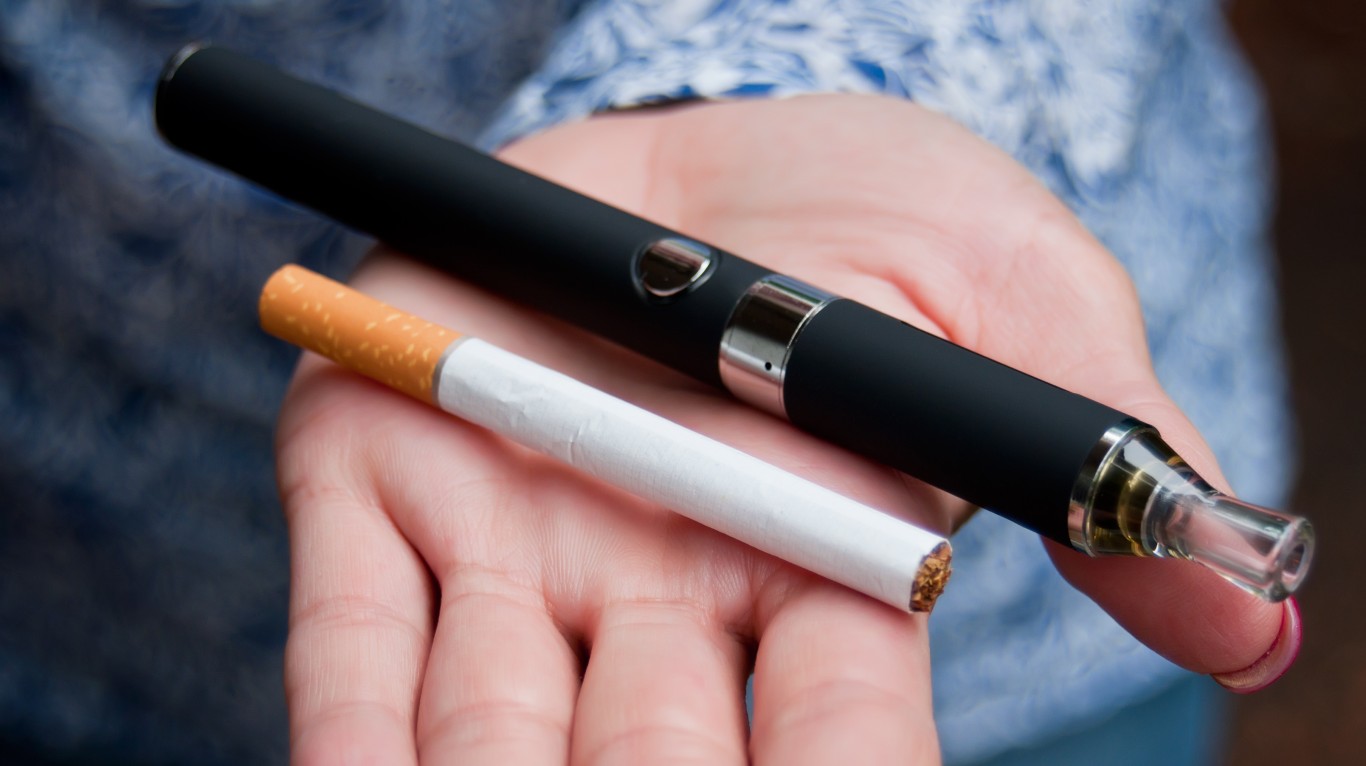

The U.S. Food and Drug Administration (FDA) on Wednesday issued a safety alert related to the use of e-cigarettes, especially among young Americans. The agency has received a number of reports voluntarily submitted by e-cigarette users or their parents that mentioned seizures having occurred while vaping. The FDA noted that this may “signal a potential emerging safety issue” with the use of the devices.
In a press announcement, outgoing FDA Commissioner Dr. Scott Gottlieb continues to walk back the agency’s previous statements that e-cigarettes may be an effective “off-ramp” for addicted adult smokers. The devices deliver the addictive nicotine without all the chemicals and particulates associated with the smoke from burning tobacco.
Now, however, Gottlieb sees that e-cigarettes are “threatening the commitment [the FDA has] made to reduce tobacco use among our nation’s children.” He noted:
While we believe that currently addicted adult smokers who completely switch off of combustible tobacco and onto e-cigarettes have the potential to improve their health, e-cigarettes still pose health risks. These include the possible release of some chemicals at higher levels than conventional cigarettes. We’ve also seen data that indicate there may be other potential health concerns.
Regarding nicotine and young people, Gottlieb said, “We know that nicotine isn’t a harmless substance, especially in the developing brains of our youth. We know that initiation to, and addiction to, nicotine by never-smokers – predominantly youth and young adults – raises public health concerns.”
Recent reports of seizures among young e-cigarette users is a particular concern of the FDA. Between 2010 and early this year, the FDA has received 35 reports of seizures related to the use of e-cigarettes, and Gottlieb believes that even though the number is relatively small, it “warrant[s] scientific investigation into whether there is in fact a connection.”
In a report from which personal information has been redacted, a North Carolina mother described a grand mal seizure experienced by her 15-year-old son last October:
Our son’s addiction to the Juul has been a year-long battle. Not only has it resulted in the typical adolescent nicotine-related symptoms of a brand new attention deficit struggle, lessening cognitive function, and increased impulsivity (went from high achieving “A” student to struggling “F” student) but is also causing disturbing health problems. …
While doctors are not yet trained to say for certain that the Juul is behind the problem, it is obvious to us and other parents fighting the same battle that the high nicotine content of the Juul is toxic to our children. …
The addiction is so strong that it is beyond a teenager’s control. Requiring Juul to change their marketing towards teens or even punishing Juul with fines is not going to get this new generation of addicts off nicotine. Now that they’re addicted, they’ll find nicotine elsewhere if the Juul is not available. …
In addition to the ER visit (where they confirmed that it was indeed a 6-minute long seizure and was not connected to his discontinuation of [another prescribed medication]), my son has been seen by a neurologist, cardiologist, pediatrician, attention deficit specialist, psychiatrist and behavioral counselor. Everyone agrees that Juul use is the root cause of the problem but no one is trained to recognize the toxicity of heavy Juul use in adolescents.
Gottlieb is careful to note that the FDA doesn’t “yet know if there’s a direct relationship between the use of e-cigarettes and a risk of seizure. We can’t yet say for certain that e-cigarettes are causing these seizures.”
The FDA is encouraging e-cigarette users (and the parents of young people especially) to report seizures that might be related to vaping through the agency’s Safety Reporting Portal.
Thank you for reading! Have some feedback for us?
Contact the 24/7 Wall St. editorial team.
 24/7 Wall St.
24/7 Wall St.


